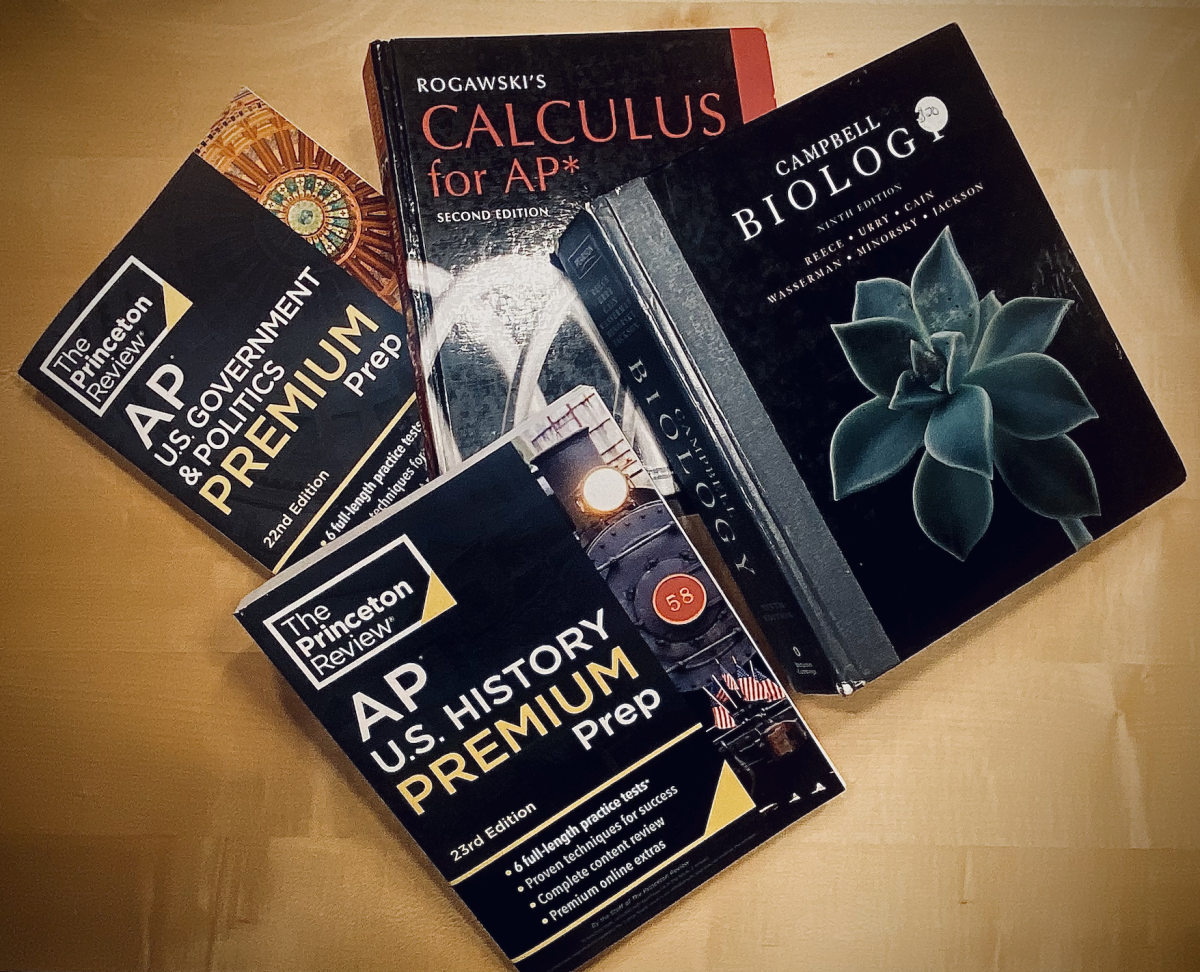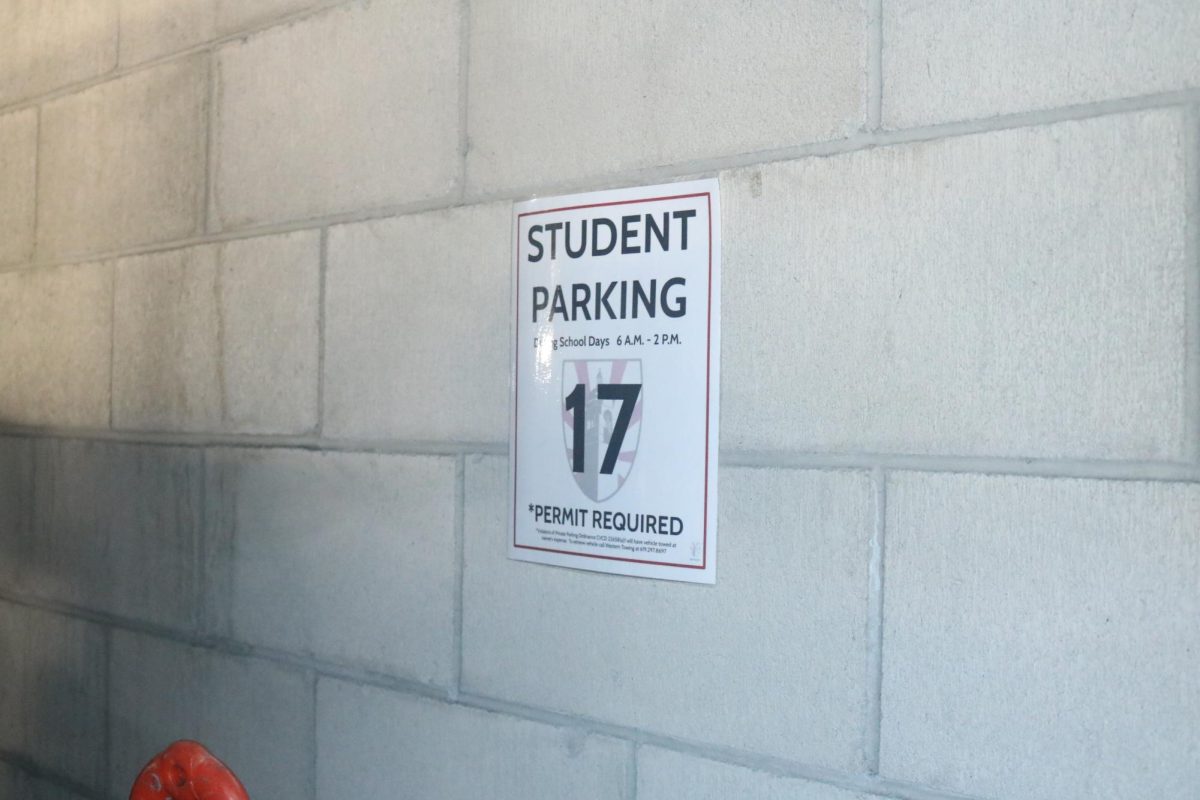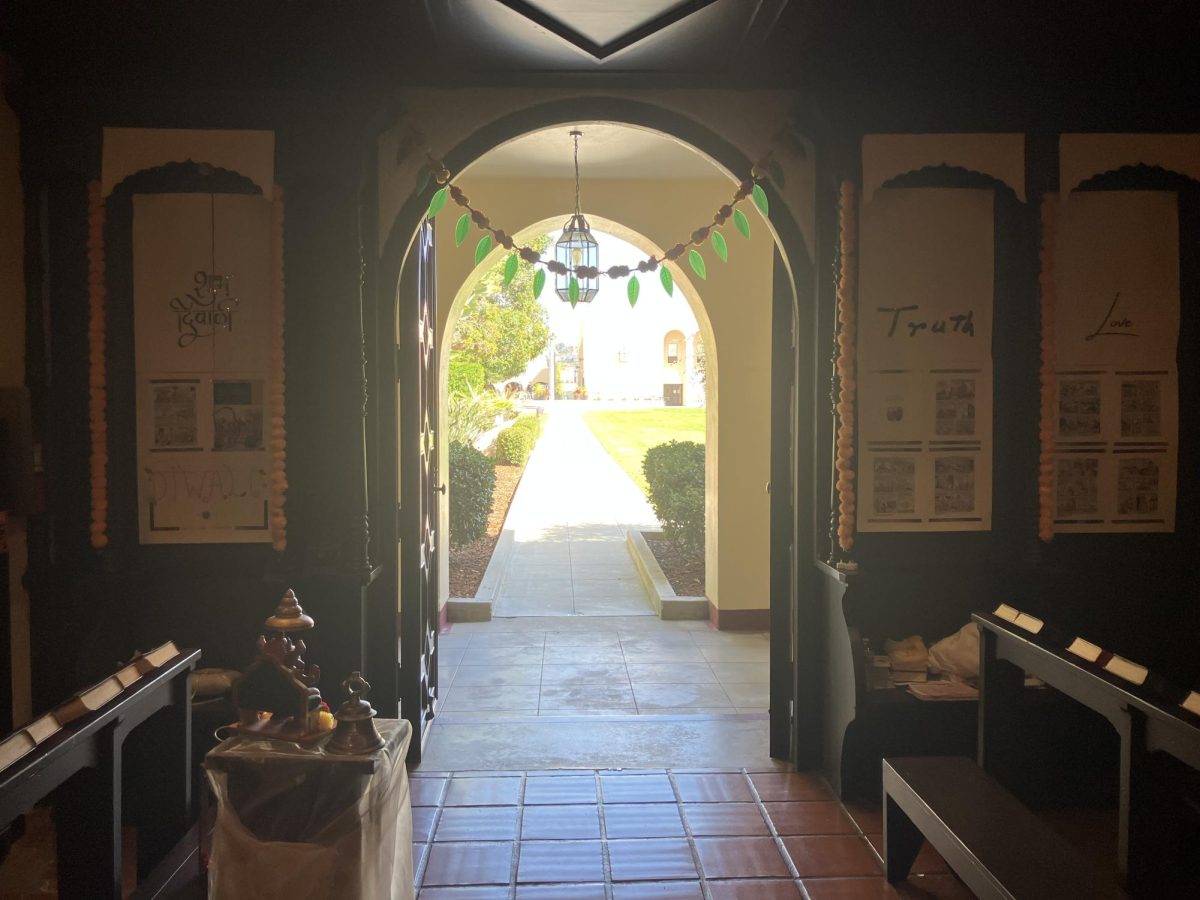You look at the clock — only ten minutes left. But you still have 13 questions. You better speed up! You start to rush through the next few questions. Cautiously, you think to yourself: I am feeling good! Then, just moments after your hope surged, you hit a question that completely stumps you. Uh oh.
Starting next week, many Bishop’s students will sharpen their pencils and take the College Board Advanced Placement (AP) exams. The exams cover almost all subjects and courses, ranging from AP Chemistry to AP Art History and AP English Literature to AP German Language and Culture, and are hosted across the U.S. each May. Bishop’s exams occur over the two week span of May 6 through May 17.
So as the AP exams quickly approach, what are teachers’ last minute tips to acing the exams, no matter which class they are for?
Well, luckily for many classes, such as Honors US History, Honors Biology, and Honors Calculus AB or BC, the Bishop’s curriculum stays very aligned with the AP curriculum all year long, and many teachers choose to place their cumulative exam the week before the AP, rather than after the AP exams during the traditional cumulative week.
Biology Teacher Mr. Ben Duehr noted that, “Honors Biology is preparatory for the AP exam, and the cumulative is like a diagnostic, so being successful on the cumulative and class sets you up well for the exam.” Calculus BC Teacher Mrs. Jessi Chrystal added that, “just doing all the classwork and study packets that the math teachers have assigned are really helpful, as we are really good at preparing students for the AP exam through a cumulative test, which acts as a full mock-exam.”
Thus, for many AP exams, preparing mostly entails the studying that is already being done for the Bishop’s class’s cumulative test.
However, for some classes such as Honors American Literature and Honors Comparative Government and Politics — for which the curriculum is not fully aligned with the AP and thus a cumulative test is not given beforehand — there are other helpful ways to prepare.
First, Mr. Duehr noted that for many science classes without a mock-test, “looking back at old tests, reviewing topics that you do not remember, and asking many questions to the teacher” are all great ways to become more confident with material. He added that when studying, it is important to “prioritize areas you don’t feel as comfortable or confident with.” He concluded that there are many online resources, textbooks, and videos that can provide additional help outside the classroom for those left needing more help.
Honors Comparative Government and Politics and Honors US History teacher Dr. Jeff Geoghegan suggested “check[ing] out the College Board AP site, which has a practice test, along with previous exams and sample answers,” and “remember[ing] the skills you’ve learned throughout the year…which help you hone your ability to come up with specific outside information and write intelligently.”
The final subsection of AP classes that entails an entirely different studying outlook are the language exams, which align with the following Bishop’s classes: Spanish IV Honors, French IV Honors, Latin IV Honors, and Chinese IV Honors.
Spanish and French Teacher Señora Julieta Torres-Worstell noted that for language APs, preparing can look very different because “Language is skill driven, you have to be able to express yourself orally and on paper. This takes years of preparation, and culminates in this exam.” She added that, “While in History and English, it is about reviewing and understanding the large ideas and movements, in Spanish, because it is skill driven, you need a lot of practice and comfort with the structure to do well.”
For language APs, Señora Torres explained that, “taking a lot of mock tests, learning what the questions are like, and getting comfortable with the structure of the exam are all crucial so that when the time comes to show off your skills, you know what is asked of you and how to best show your knowledge.”
While students are bound to worry in preparation for their AP exams, these teachers hope that students will find some comfort and aid in their advice. They concluded with a final reflection on APs, and why it is not worth getting overly worried and stressed about.
Mr. Deuhr reflected that, “even though APs in the long run are not extremely important, if you are going to spend the time and effort to take the test, you might as well take it seriously and prepare you hardest.”
Senora Torres added that, while “the AP exam is a helpful evaluation by a third party to see where you are at the time and where you can improve…it is nothing worth becoming stressed over.” She ultimately sees the AP exams as an opportunity to, “bridge into higher level college courses,” but added that it’s “is okay if you do not get there right away.”
Mrs. Chrystal agreed, concluding that, “the worst thing that could happen is you get a 1 on the exam, and you just retake the class in college, and that is okay…At the end of the day, it is just a test. If you pass it, great! If you do not, whatever!”








